Nissan unveils prototype production facility for all-solid-state batteries
Green Car Congress
APRIL 8, 2022
Nissan unveiled its prototype production facility for laminated all-solid-state battery (ASSB) cells, which the company aims to bring to market in 2028. Nissan believes all-solid-state batteries can be reduced to $75 per kWh in fiscal 2028 and to $65 per kWh thereafter, placing EVs at the same cost level as gasoline-powered vehicles.

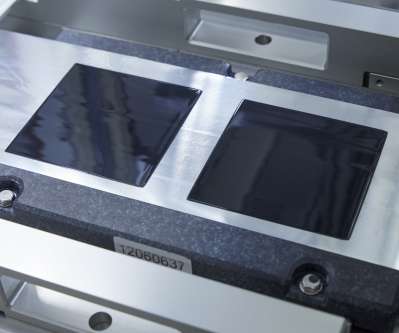

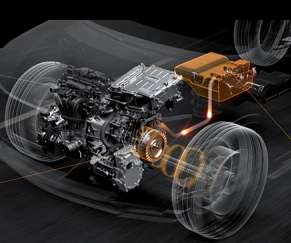


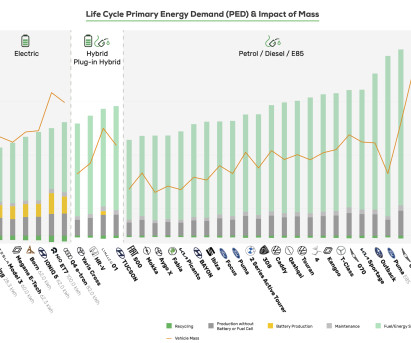

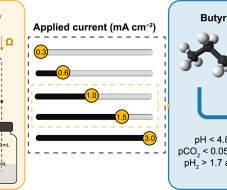





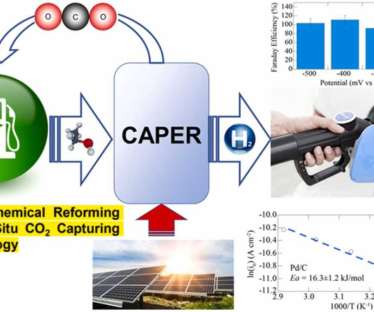
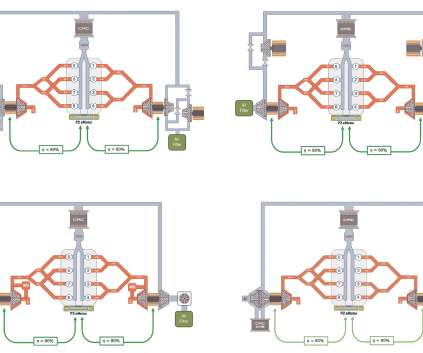



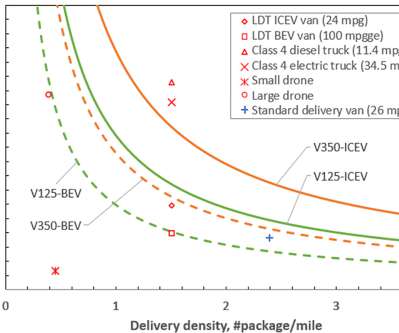
























Let's personalize your content